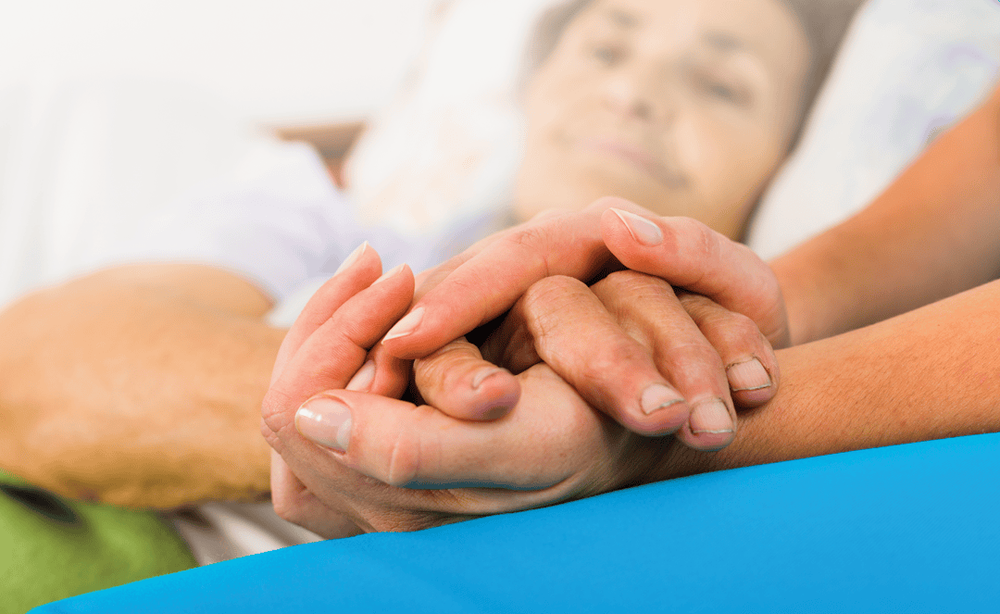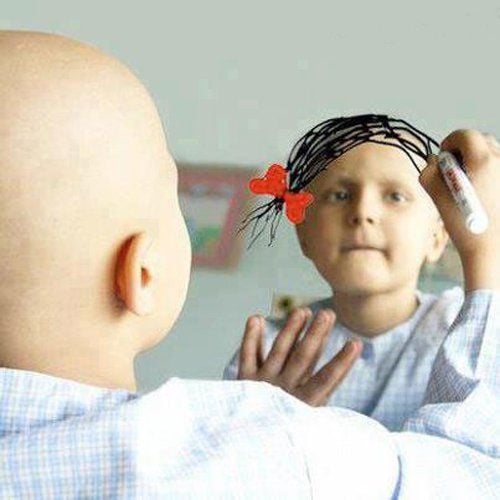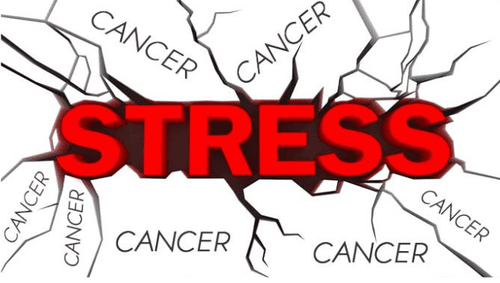This is an automatically translated article.
Many cancer patients need more attention and care at home than at the hospital, which means that the responsibility that the patient's family bears will be relatively large.1. Psychological care for cancer patients
Accepting cancer and living with it for the rest of your life with many patients is a real challenge. Helping them regain psychological balance is an important part of caring for cancer patients at home, through the following methods:Talk: one of the most important things loved ones should do with the disease Cancer patients are talking and confiding, because cancer patients are very pessimistic, withdrawn and gradually become desperate. Talk more whenever possible, let the patient be the center of the conversation, and try to listen, respect and understand the patient. Let the patient feel understood, shared, and open conversations will help the patient gradually regain morale. Attention should be paid to the patient's signs of suicidal thoughts and communicated to other family members so that everyone can be on the lookout. Help cancer patients participate in activities they enjoy: even if the patient is no longer healthy enough to participate in the activities they used to enjoy, find a way for them to feel involved get into that activity. This helps patients maintain social cohesion and feel that their current life is not so bad compared to their normal pre-disease life. Recognizing signs that patients need help: cancer patients can experience many different emotions, such as sadness, stress, anger, anxiety, despair, etc. If the patient's emotions are unstable, seek help for the patient from a counselor, psychologist, doctor, or methods to help the patient relax. If caregivers feel stressed, find ways to balance themselves first, because a healthy caregiver can provide the best patient care. Accept the patient's difficulties: always keep in mind that the patient is going through a difficult reality, and they have a disease that limits many aspects, for example, after chemotherapy, they do not feel the taste of food. meals that caregivers have put a lot of effort into preparing. Therefore, the patient needs to be understood and empathized.

Chấp nhận những khó khăn của bệnh nhân
2. Involvement in medical and physical care
Relatives can fully care for cancer patients at home, both medically and physically. For easier visualization and better preparation, you can refer to the following guide:Learn about the patient's disease: learn information and knowledge about cancer that the patient has, consult a doctor to get accurate information about the disease, diagnosis, treatment, follow-up process as well as the patient's prognosis.
Take the patient to the doctor: actively support to take the patient to the doctor, consult with the doctor all questions about the patient's condition, provide the doctor with the necessary information to support the doctor in the process. treatment for the patient.
Record keeping: keep careful patient records, including appointment schedule, test results, medication and administration, dose, patient symptoms, drug side effects that the patient encounters, the doctor's phone number,...
Know how to take care of the patient's physical health: some patients are limited in daily activities, such as being unable to bathe or change clothes themselves. , eating, going to the bathroom,... Get help when they need it, if you don't know how to do it, ask for guidance from a professional, watch a demonstration video or read the manual.
Know how to take care of the patient's medical care: relatives can completely learn how to medically help the patient, such as dressing and taking care of the wound, taking care of the catheter, helping the patient take medicine, .. Ask your doctor how to best support and care for cancer patients at home in the safest and most effective way.
Monitor the symptoms and side effects of the drug: inform the doctor of any symptoms and unwanted effects of the drug that appear on the patient. Encourage the patient to let the doctor know about all the symptoms he or she is experiencing (patients often ignore some symptoms, providing only the most common or most bothersome), so that the doctor can suggest a solution. best solution. Do not forget to notify your doctor when new symptoms appear. Palliative care for cancer patients at home will help patients reduce discomfort, especially when caring for patients with terminal cancer.
Monitoring the patient's drug use: cancer patients often have to take a lot of drugs. It is very important to adhere to the medication prescribed by the doctor, so it is advisable to make a list or chart with the following content to make tracking more convenient:
Name of the drug Dosage Time of taking the drug Route of administration Note when taking medicine (such as taking after eating, drinking on an empty stomach,...) Unwanted effects (if any) Name of the doctor prescribed and how to contact when needed Consult a professional care service: Sometimes the care of cancer patients at home is interrupted for some reason, relatives can refer to professional care services (if any).
Seek help: patients may have a variety of needs and wants that cannot be met by caregivers, find people who can help, be it friends, relatives, neighbors or even volunteers. Share the burden with others, avoiding undue stress on caregivers.
>> See also: Macrobiotics and cancer: What you need to know - Article written by T.S, B.S Pham Thi Viet Huong - Doctor of Hematology - Oncology - Hematology and Cell Therapy Unit - Center Regenerative Medicine and Cell Therapy, Vinmec Times City International General Hospital
3. Financial management and other issues

Chăm sóc bệnh nhân ung thư sẽ tốn khá nhiều chi phí, do đó lên kế hoạch quản lý tài chính chi tiết sẽ giúp ích cho toàn bộ quá trình điều trị của bệnh nhân
As the patient's representative with the insurance company: if the patient's medical condition prevents the patient from dealing with the insurer on their own, ask the patient for authorization to do so. legal representative, so that all problems related to the insurance company can be resolved more easily. Know the terms of insurance: understand the terms of the agreement as well as the coverage of the insurance coverage for a better financial plan. Expense tracking: keep all your hospital bills, drug bills,... to keep track of your financial plan and serve as a basis for insurance payments. For patients with very severe condition: ask the patient what is left to do, what is the will after death. Inform all relatives who can notify to listen and record the patient's will, and discuss what to do after the patient's death.
Please dial HOTLINE for more information or register for an appointment HERE. Download MyVinmec app to make appointments faster and to manage your bookings easily.
Article referenced source: cancer.net












